Children today will likely have shorter life spans than their parents, due in part to epidemics of chronic, noninfectious inflammatory diseases, say Susie Flaherty and Alessio Fasano. They urge people to embrace a revolutionary health care model centered on an emerging body of research into the human microbiome. Rather than treat the microorganisms that populate people’s guts as enemies, health care practitioners and laypeople alike must gain a better understanding of the complex ecosystem each human carries within, and work to create more holistic, preventative health interventions.
The potential of microorganisms calls for a paradigm shift in medicine and science.
Many people view microorganisms through the lens of germ theory and infectious disease, creating a war-like relationship with microbial ecosystems. But some within the scientific community are beginning to grasp that, rather than indiscriminately combating microorganisms with antibiotics, people ought to work to better understand the complex effects of microorganisms on human health. Microorganisms do contribute to diseases, but they also live in symbiosis with human hosts, and can be instrumental in treating diseases ranging from cancer to neurological conditions.
The Human Genome Project has worked for three decades to address chronic inflammatory illnesses via better understanding genetics’ role in those diseases; but so far, scientists have successfully identified only 2% of potential therapeutic targets. People must study the microbiome to better understand the complex interplay between genetics, microorganisms and the environment’s effects on human health.
Humans and microorganisms share a complex “coevolutionary...
Harvard Medical School professor of pediatrics Alessio Fasano is a professor of nutrition at the Harvard T.H. Chan School of Public Health and co-author of Gluten Freedom with Susie Flaherty, the Center for Celiac Research and Treatment’s director of communications.








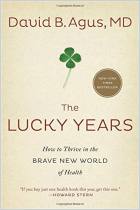
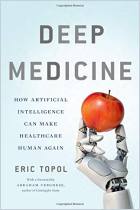
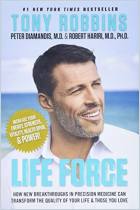

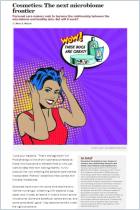
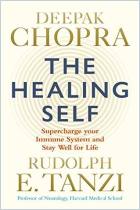






Comment on this summary or Start Discussion